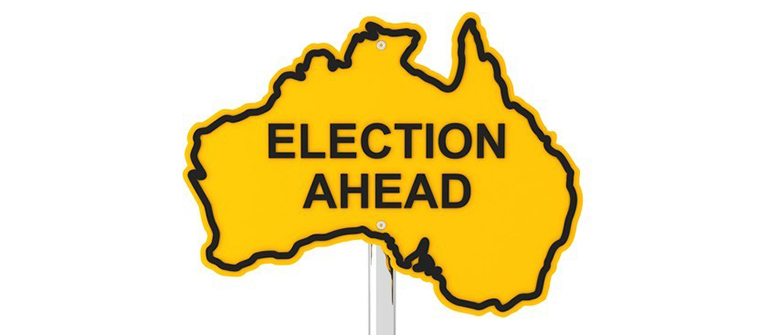By Peter Kelly on 8 May 2019
By now I would imagine that most readers are tiring of the up-coming election. The media is having a field day reporting on every waking moment in the lives of our key politicians from both the major and minor parties.
Our household has been declared an election-free zone. We have pretty much stopped watching live to air TV and get our entertainment Netflix, YouTube, and spending a little time watching some TED talks. We certainly don’t want our evenings filled with political commentary that blindly promotes one side of politics, or the other.
Having said that, my “day job” demands that I have at least a passing understanding of the key issues, particularly in the superannuation space. From time to time I am called upon to comment, present webinars, or explain as best I can, the likely impact of key polices being offered up by all sides of politics.
I thought I would devote this article to summarising the key policies of the Liberal/National Party coalition (LNP) and the Australian Labor Party (ALP). However, this is not an exhaustive discussion of the polices being offered up by each – space would simply not allow me to cover all the ins and outs.
LNP
The LNP’s position is pretty clear in relation to its tax and superannuation policies as they have been covered in legislation that was tabled in Parliament, and in many cases subsequently lapsed when the election
was called, or was announced in the 2019 Budget. Some of their policies include:
- Allowing people aged 65 and 66 to make superannuation contributions without having to meet a “work test”.
- Extending the ability to bring forward up to three year’s non-concessional contributions to people aged 65 and 66.
- Increasing the age at which a person may qualify for a tax offset when making eligible spouse contributions from 69 to 74.
- Increasing measures to protect small superannuation balances and super accounts held by young people from erosion by insurance premiums. However, member’s may still opt-in for insurance cover.
The following initiatives announced in the Budget have been passed into law:
- Increasing the tax offset available to low- and middle-income earners.
- Increasing the small business instant write-off for small businesses, and extending it to medium sized businesses.
- Payment of a one-off energy supplement to pension and allowance recipients.
ALP
The ALP has announced a wide range of tax and superannuation policies, the key policies being:
- Removing refunding of excess franking credits, except for people covered by a “pensioner guarantee”.
- A ban on superannuation funds, and particularly SMSFs, from borrowing money for investment purposes, such as to purchase a residential or commercial property.
- A reduction in the amount of non-concessional contribution a person may make to super from $100,000 per year, to $75,000.
- Reducing the income threshold after which Division 293 tax becomes payable, from $250,000 to $200,000.
- Repealing the opportunity for people with low super balances to carry forward the unused portion of their concessional contribution cap.
- Removing the ability of people, other than self-employed and substantially self-employed, to claim a tax deduction for their personal superannuation contributions.
- Disallowing negative gearing for investments, except for newly built residential properties.
- Increasing the marginal tax rate for income of more than $180,000 from 45% to 47%.
- Reducing the capital gains tax discount from 50% to 25%. Note, this will apply to all investments, not just to property investments.
- Marginally increasing the tax cuts announced by the LNP for low income earners.
- Distributions made to adult beneficiaries of discretionary trusts to be taxed at a minimum of 30%.
- Limiting the tax deduction for expenses associated with managing personal tax affairs to $3,000.
- Introduce additional measures to help workers recover unpaid super from employers.
This is only a brief summary of some of the policies the major parties will be taking to the election on 18 May.
At the end of the day, what polices end up becoming law will depend on which party is called upon to form Government and, perhaps more importantly, the ability of the Government to work with the Senate to have
their polices enacted.
Either way, the next week or two will be interesting for those who choose to follow the electioneering.



comments